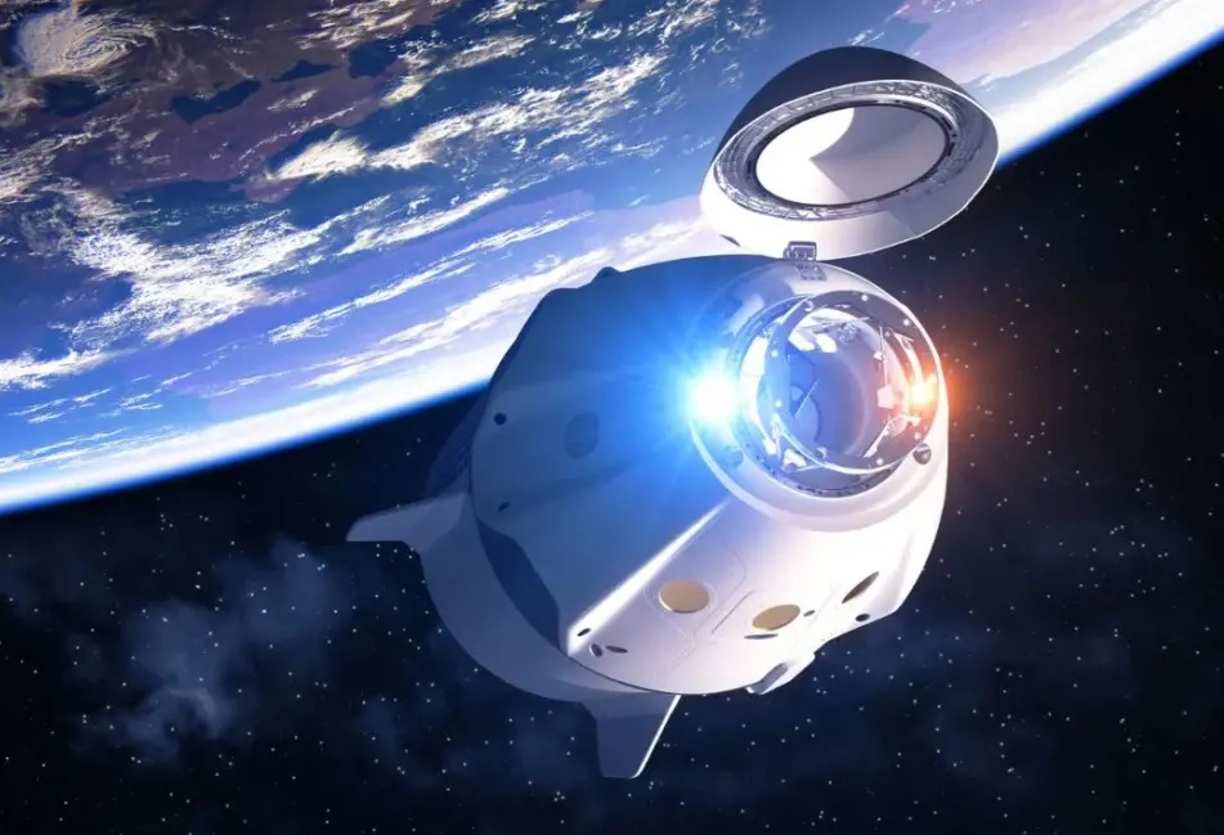The Polaris Dawn mission launched on September 10 with four commercial astronauts in a history-making flight to advance technology and practices for deep-space exploration.
It was the farthest human mission from Earth since the Apollo flights in the 1970s. One of the Polaris Dawn objectives is to rapidly advance human spaceflight capabilities through extensive scientific research.
Spaceflight Associated Neuro-Ocular Syndrome (SANS) is an area of space research as it is a key risk faced in long-duration flight by most astronauts. PlenOptika’s handheld autorefractor QuickSee Free aided data collection and study during the five-day mission by the crew.
In the experiment led by University of Colorado Associate Professor of Aerospace Engineering Sciences Allison Hayman (née Anderson), the research seeks to observe what biological factors contribute to SANS in microgravity, and the degree of impact on crew members’ vision.
SANS symptoms include swelling of the optic nerve, changes in the shape of the eye, and changes to vision. The Polaris Dawn crew equipped smart contact lenses, using micro-sensors to continuously measure their ocular pressure, and used the QuickSee Free to measure any noted vision changes.
“We are thrilled to be part of this crucial scientific research, which will help humanity expand its frontiers into deep space,” said Shivang Dave, PlenOptika CEO.
“It’s every engineer’s dream to be part of space exploration, and QuickSee Free’s inclusion in the mission—as the first handheld wavefront aberrometry and autorefraction device in space—is a testament to our engineers’ envelope-pushing ability to design technology equal to the demands of health research under the most challenging circumstances.” Dave said.
QuickSee Free was selected for the mission for its compact form, ease of use, and accuracy. Flight crew used it to measure one another’s visual acuity to understand when and how their vision changed.
QuickSee Free, which was commercialised in late 2023, is already used around the world in vision care clinics and public health missions to help people get the prescriptions they need for clear vision.
Its innovative optical design and advanced algorithms have been demonstrated in numerous scientific publications to produce results that agree strongly with trained professionals’ final eyeglass prescriptions, giving the research team the confidence that measurements made in flight will provide reliable data for analysis.
QuickSee, predecessor to the technology in this flight, was used in pre- and post-flight vision research in collaboration with the Translational Research Institute for Space Health (TRISH). This is the first time the technology will be used during spaceflight.







